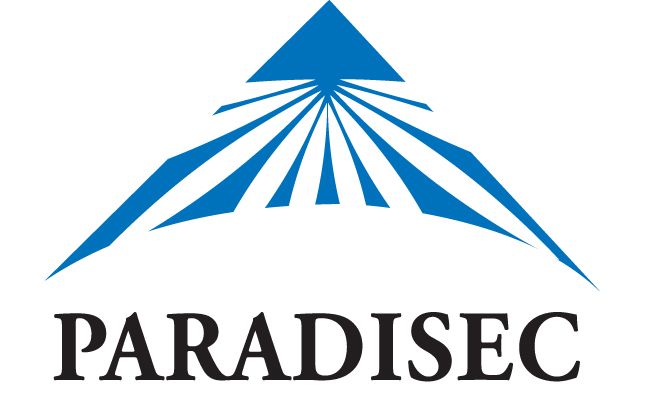Full description
1. Kubuirubu - Lexico 1-292 (Maliva Gomara) -- 2. Wiga Lexicostats 1-173 & odd ones -- 3. Maria Lexicostats (Date approximate, inferred from others in this series (TD1-P###) Side A: 1. The word list given in Motu using Kubuirubu and Wiga dialects is translated in Sinaugoro and are categorized with examples. a) Relationships Hahine buruka- vavine ghaukari (old woman) Mero maraki- mero kei’I (small boy) Lau egu tamana-au tamagu (my father) Lau egu sinana- au sinagu (my mother) Lau egu kakana – au kakagu (my older sibling) b). Body parts lau egu aiona- ghaghogu (my neck) lau egu uduna- bokagu ( my mouth) lau egu paghana- kevegu ( my shoulder) lau egu imana- ghimagu (my hand) lau egu elbow – kamogu (my elbow) pencil ia moru (keto?) - (the pencil fell) Lau itaia vadaeni – ba itaia (I saw it) Lau kamonai vadaeni – ba seghaghi 2. Some words are completely different from Sinaugoro with examples. E bala – gigi (I do not know) Boroma- bia (pig) Gaigai-erema (mota, gherema ghaita: name of a type of a snake) Gwarume-inura (wallaby but the researcher means fish) Hanua-tebola (village) Dika-lavaina (bad) Lata-mavakana(tall) Lau gorere-a gegaia (I am sick) Oi mai haraga - Nu laka molei (come quickly) Oi heau mai-daladaoma (run here) Lau torehisi - A lakajeh ( I got up) 3. A Wiga song sung by Babona. The song is saying (I hope) Boku mero, Boku lemalema ooo Vaugu ghoduna ba lemalema ya ooo Ivadi gena udia buana ooo Ba dave rema yaooo Boku boy, stealing I stole my in-laws betelnut Bole melo, Bole lemalema ya ooo Vaugu ghoduna ba lemalema ya Ivadi ghena butu buana ooo Ba dave lemaya ooo Bore boy, stealing I stole my in-laws betelnut seedlings Side B: The Maria language adjoins Sinaugoro language to the east and are completely different to each other. Motu is used to translate in Maria with an example. Hahine – Ou e Tau – amie Transcribed by Eileen Bobone (Steven Gagau, January 2021) . Language as given: Kubuirubu, Wiga, Maria Reuse Information
Created: 1967-01-01
Data time period: 1967 to ,
ISO3166: PG
Subjects
User Contributed Tags
Login to tag this record with meaningful keywords to make it easier to discover
Identifiers
- URI : catalog.paradisec.org.au/repository/TD1/P033

- Local : TD1-P033
- DOI : 10.4225/72/56FD407429C24



